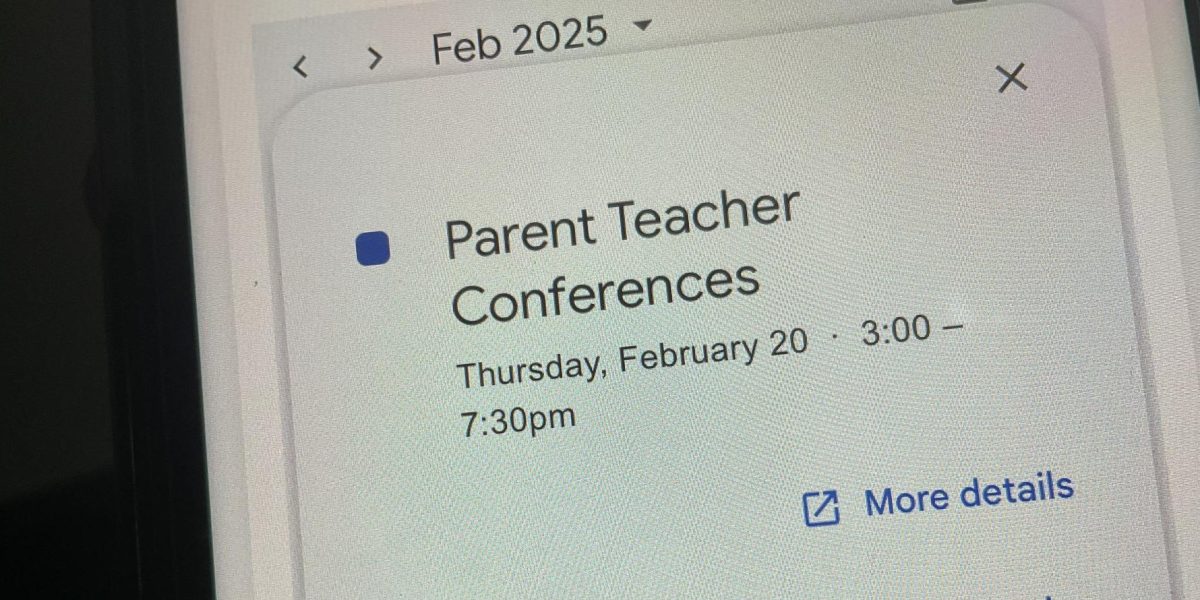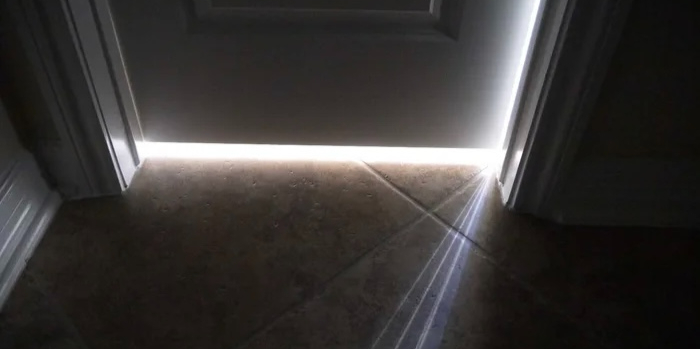Late Work Should Be Penalized
March 5, 2022
This year, Frederick’s grading policy changed. No longer are late assignments penalized. Most tests can be retaken an infinite amount of times. Some teachers even grade missing assignments with an automatic 50%. These new policies seem fine–in fact, they seem great. For students that don’t take school seriously, lazily complete their assignments, and don’t follow tight deadlines, the new policy will fit in seamlessly. In fact, it seems like that kind of behavior is encouraged with the new system. The problem is, why would Frederick want to promote that type of learning environment?
On paper, the new grading system seemed to be a positive change for FHS. Students’ mental health improved. The policy helped students ease back into in-person learning. Even teachers publicly endorsed it, praising its “equity” stance. But there are serious issues that are being overlooked.
For one, the new grading policy not only affects students, but teachers as well. Mrs. Bowes is a science teacher at Frederick, and she admits the new system has had its challenges. “To me, it hasn’t been helpful. It’s increased keeping track of students’ assignments.” Because the deadlines are effectively useless, students submit assignments at varying times, even if that means weeks after it’s due. That’s making it hard for teachers to keep track of all the grading.
The new late work policy has molded students into becoming lazier and laxer when it comes to submitting assignments. Benjamin Wiggington, a junior, agrees. “I feel like it just makes people lazy, knowing that they can turn [assignments] in later.” Yet, we can’t blame students for that behavior. If there is no incentive to submit the assignment on time, why would you?
There are other glaring issues, one of which is hypocritical. FHS has maintained the stance of preparing students for secondary schooling and careers. It’s no wonder the school offers 50+ college credits through AP classes and CU Succeed. On the FHS website, it even says, “our relationships foster a commitment to high expectations, rigor, and achievement in all pursuits.” For a school that prides itself on academic excellence and college preparation, it’s ironic that late work isn’t penalized, considering it actually lowers the expectations. “I don’t know if the new policy will be the best thing for people heading to college,” says Mrs. Bowes. “[When I went to grad school], a deadline was a deadline.”
Overall, the new late work policy should be redesigned. It won’t prepare students for their futures, where deadlines are tight and turning in things late results in consequences. Either that, or FHS should reevaluate its foundational values, and whether or not the school holds itself to the standards of “high expectations.”





















































